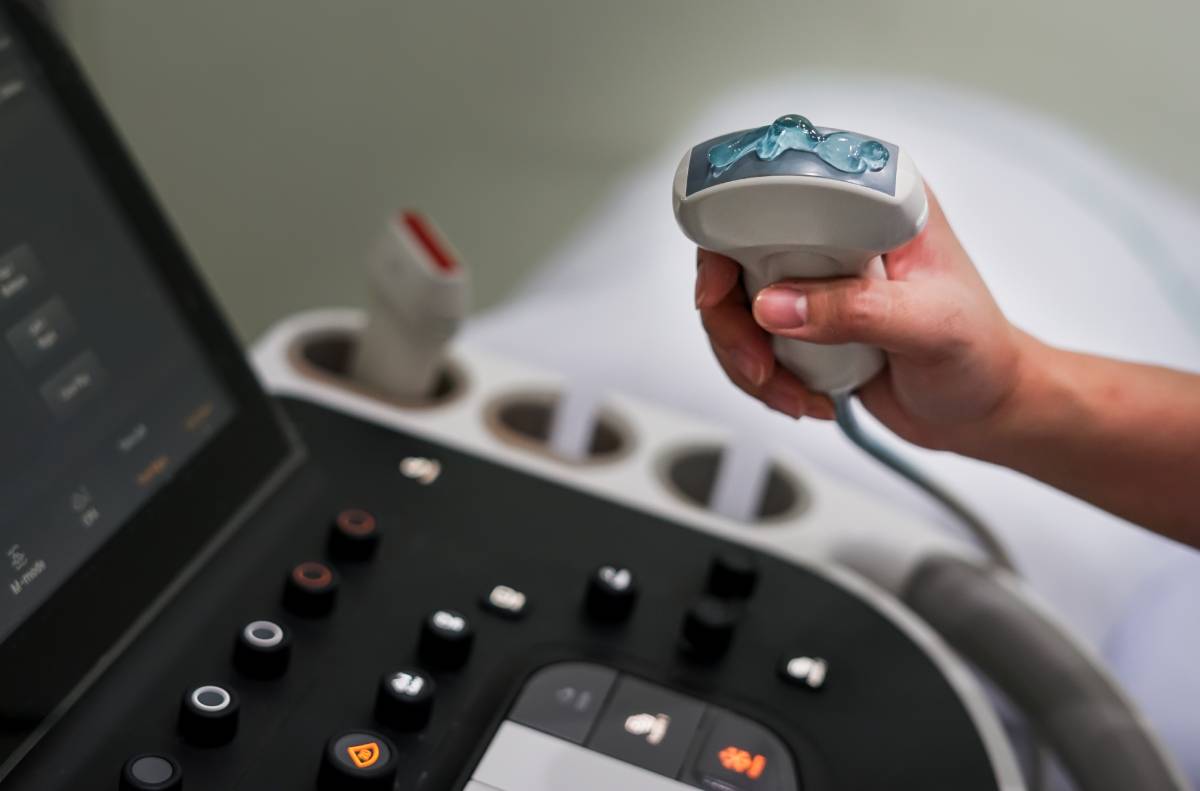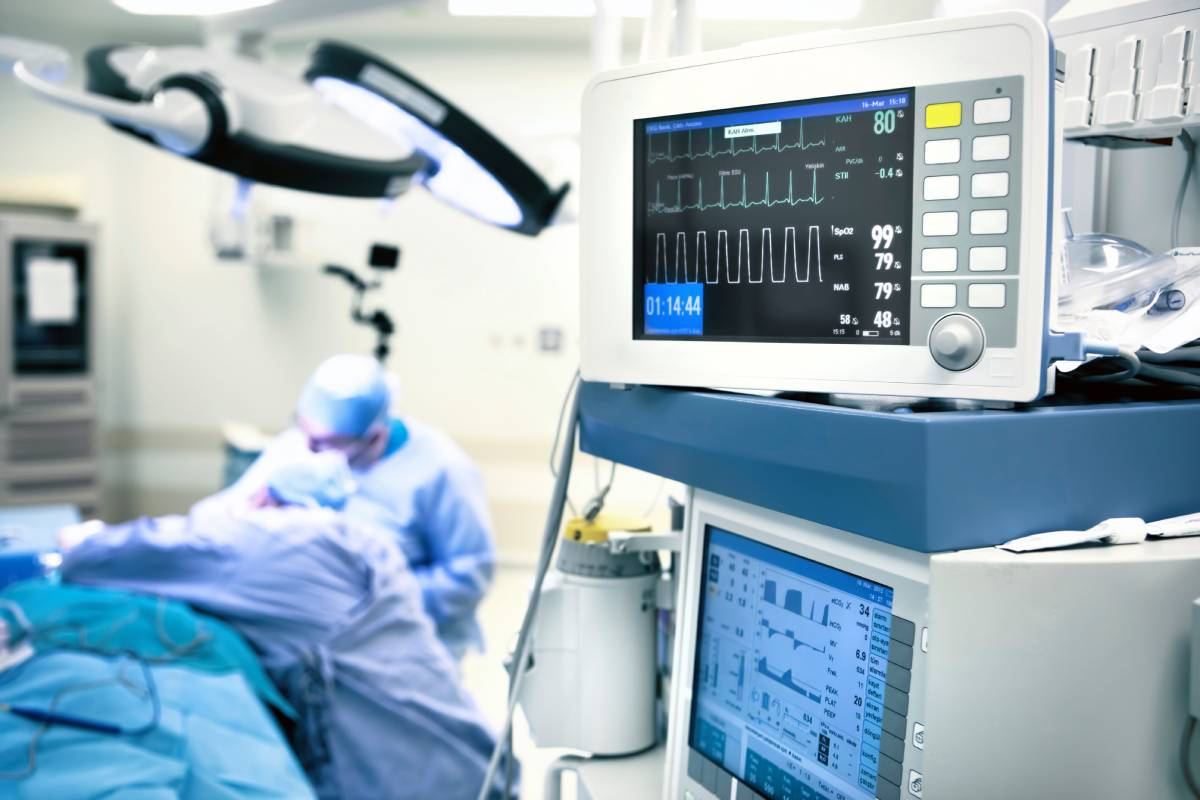Patients with Type I Diabetes suffer from an absolute deficiency of insulin production due to the autoimmune destruction of pancreatic beta cells. This condition predisposes Type I Diabetes patients to various comorbidities, including cardiovascular, renal, and neurological disorders. Consequently, patients with Type I Diabetes undergoing surgery and anesthesia require meticulous and individualized preoperative, intraoperative, and… Continue reading Anesthesia in Patients with Type I Diabetes
In the field of anesthesia billing, physical status modifiers are important reflections of patients’ clinical conditions and the associated risk of administering anesthesia. Accurate usage of physical status modifiers is crucial to maintaining an ethical medical practice and financial integrity. Modifiers range from P1 (a normal healthy patient), P2 (a patient with mild systemic disease),… Continue reading Physical Status Modifiers in Anesthesia Billing
Combined spinal-epidural (CSE) anesthesia is a versatile technique used for pain management during labor, surgery, and postoperative care. It combines the benefits of both spinal and epidural anesthesia, offering rapid pain relief with the ability to prolong analgesia as needed 1. The combined technique involves the insertion of a needle through the spinal and epidural… Continue reading Combined Spinal-Epidural
Ultrasound has rapidly become an important tool in anesthesiology, so much so that the American Society of Anesthesiologists recommends that current medical students intending to specialize in anesthesiology become familiar with the mechanism, uses, and techniques of ultrasound as they complete their clinical rotations in their third and fourth years of medical school.1 While ultrasound… Continue reading Growth of Ultrasound in Anesthesiology
Colonoscopies play a vital role in detecting, diagnosing, and treating gastrointestinal conditions including colon cancer and inflammatory bowel disease. While this procedure is very common, the use of anesthesia during colonoscopy has been subject to debate. While one camp encourages anesthesia use to increase patient comfort and procedural ease, others may point to costs and… Continue reading Debate over the Use of Anesthesia for Colonoscopy
Anesthesia often seeks to control muscle movement to facilitate surgery, whether through temporarily paralyzing muscles or returning normal function. Monitoring muscle activity is useful in the perioperative setting, primarily during recovery from a neuromuscular blockade after anesthesia. On the flip side, some patients may pose challenges due to having muscle twitching under anesthesia. To assess… Continue reading Muscle Twitching During Anesthesia
In the 1950s, the anesthetic halothane was coined the miracle anesthetic. The easy and rapid induction, quick recovery profile, and function as a moderate muscle relaxer made it the popular choice for anesthesiologists. Then, the hidden downsides were uncovered. It could lead to cardiovascular complications in the presence of adrenaline. Other patients experienced severe immune… Continue reading History of Enflurane
Surgery and anesthesia may pose risks to an unborn fetus. Some of this risk is medico-legal, however this risk is very low2. According to the American Society of Anesthesiology, only seven out of 10,500 claims in the Anesthesia Closed Claim database were regarding undiagnosed pregnancy prior to surgery.3 Much of this risk, however, is theoretical;… Continue reading Utility of Routine Preoperative Pregnancy Tests
A heart attack is a serious event that can have lasting implications for health even if successfully managed. A recent heart attack can increase a patient’s risk for other cardiovascular events, which is relevant for surgery, including non-cardiac surgery. Some patients undergoing non-cardiac surgery face the risk of experiencing adverse cardiovascular events, including myocardial ischemia,… Continue reading Non-Cardiac Surgery after Heart Attack









